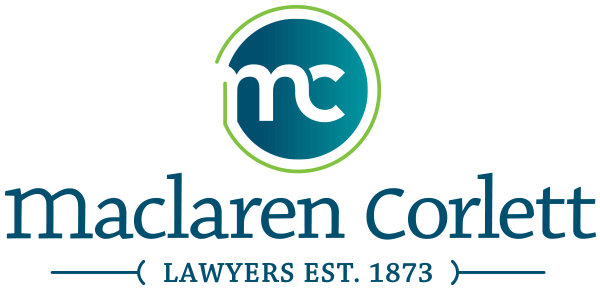Megan E. Fife’s Posts
![]()
In Part 2 of this series, I began my discussion of the rules and procedures of appealing a decision from the Ontario Small Claims Court (“Small Claims”). I will continue that discussion here, complete it in Part 4, and delve into appeals from other Ontario courts in later posts.
In Part 2 of this series, I discussed the documents required to begin an appeal (the Notice of Appeal and Appellant’s Certificate Respecting Evidence), the time deadlines associated with them, and …
![]()
Following Part 1 of this series, which outlined the basics about appeals from Ontario court cases, I will now delve deeper into the various courts, avenues of appeals and options for appellants.
In this post, I start the discussion about rules and procedures of appealing a decision from the Ontario Small Claims Court (“Small Claim”).
First and foremost, appeals from Small Claims are heard by the Divisional Court and your claim must be for $2,500.00 or more in order …
![]()
Unfortunately, when involved in a civil court case in Ontario, you run the risk of receiving a judgment that leaves you unhappy and/or disappointed. If that’s the case, you likely have a right to appeal, no matter which court your originating processes was heard in, and provided certain preconditions exist. The appeal process itself, and in which court the appeal is to be heard, depends not only on which court made the original decision, but also on factors such as …
![]()
Reminder: this series of blog posts assumes the deceased died with a Will. Also, keep in mind that the normal caveat applies: this information only applies to estates administered in Ontario and should be used as a guide only! Speak with a lawyer about your specific situation, as every case is different.
You’re almost done! The estate is being administered and the taxes have been taken care of. You’ve applied for a Clearance Certificate from the Canada Revenue Agency (CRA) …

Reminder: this series of blog posts assumes the deceased died with a Will. Also, keep in mind that the normal caveat applies: this information only applies to estates administered in Ontario and should be used as a guide only! Speak with a lawyer about your specific situation, as every case is different.
Ok, so you’re administering the estate and keeping an up-to-date and accurate accounting of all the estate funds. The last money-related issue that you need to take care …
![]()
Reminder: this series of blog posts assumes the deceased died with a Will. Also, keep in mind that the normal caveat applies: this information only applies to estates administered in Ontario and should be used as a guide only! Speak with a lawyer about your specific situation, as every case is different.
Now that you’ve begun administering the estate, you need to make sure that you’re keeping an up-to-date and accurate accounting of all the estate funds that are …
![]()
Reminder: this series of blog posts assumes the deceased died with a Will. Also, keep in mind that the normal caveat applies: this information only applies to estates administered in Ontario and should be used as a guide only! Speak with a lawyer about your specific situation, as every case is different.
At this point, you’ve applied for probate and received your Certificate of Appointment of Estate Trustee with a Will (“Certificate”) (see Part 1 and Part 2 of this …
![]()
Reminder: this series of blog posts assumes the deceased died with a Will. Also, keep in mind that the normal caveat applies: this information only applies to estates administered in Ontario and should be used as a guide only! Speak with a lawyer about your specific situation, as every case is different.
So you’ve decided that you will go ahead and act as Estate Trustee and you’ve already started to complete the first set of required forms (see Part 1…
![]()
Someone close to you has just passed away and you’ve learned, maybe for the first time (unless you were told by the deceased before their death), that you are named Estate Trustee (aka Executor), either alone or with one or more other people. You’ve never acted in this capacity before and the task seems daunting, especially so soon after the death of someone you care about. What do you need to know and what steps do you need to take? …

You’ve hired a real estate lawyer, signed on the dotted line (See Tip #1) and have all the funds you’ll need to close the deal. The only thing left is to wait for moving day, right? Not quite.
Once the Agreement of Purchase and Sale is completed and all conditions (if any) have been waived, you will need to meet with your real estate lawyer at least one more time before Closing Day (the day you get your …




